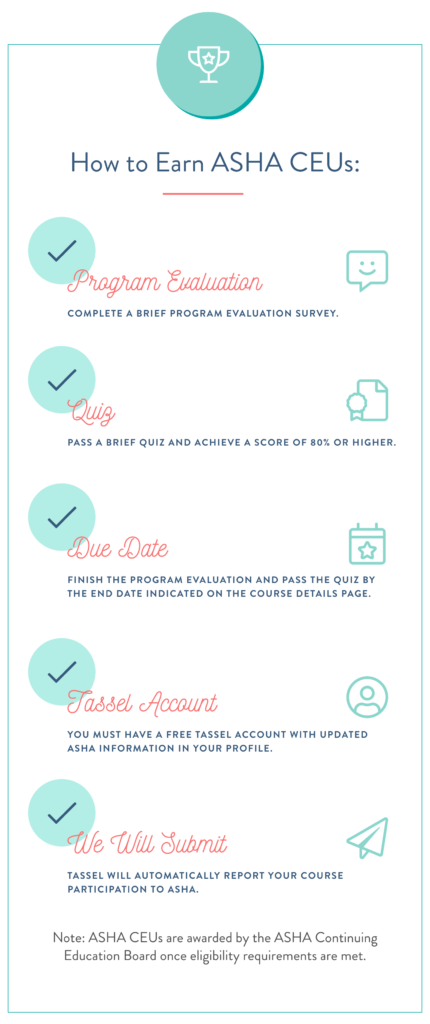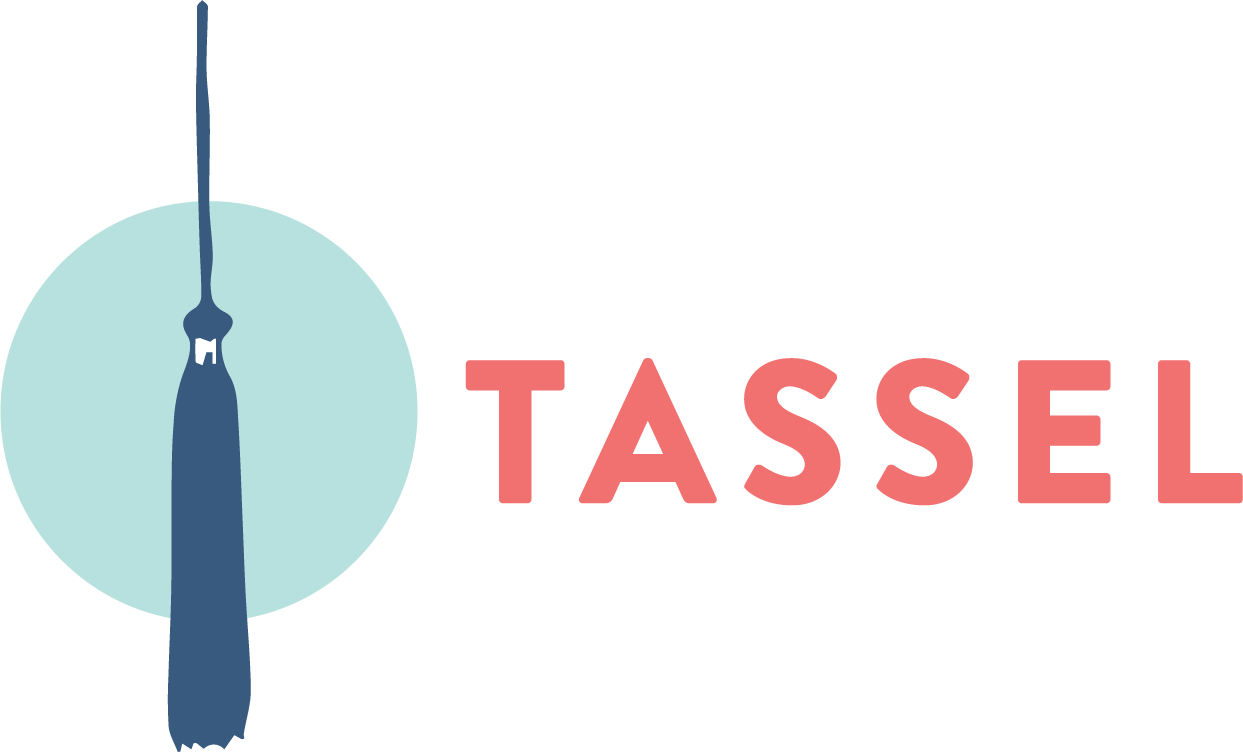Course Number: ABIO2336
When: Available from October 27, 2023 – October 27, 2028.
Where: Available under “Course Content” at the bottom of this page.
Description: We will define trauma-informed care, discuss essential knowledge and practical skills to provide trauma-informed care for Augmentative and Alternative Communication (AAC) users, and identify potential traumas for AAC users. We will discuss three crucial ways SLPs can apply trauma-informed principles in their practice, and describe 3 significant risks associated with not using trauma-informed care.
Who This Course Is Good For:
- Any ASHA member, CCC holder, or other professional who is licensed or credentialed to practice speech-language pathology (SLP) or audiology or preparing to earn ASHA CEUs.
- A professional who works with pediatric clients that have limited natural speech
- A professional who works with pediatric clients that use augmentative and alternative communication (AAC) systems or may be good candidates for AAC
- A speech-language pathologist (SLP) who works in a school-based setting
- A professional who wants to learn about trauma-informed care and how to identify implement it into therapy
Who This Course Isn’t Good For:
- Any professional who is not familiar with the term AAC
- Any professional that does not currently work with any pediatric clients or plan to in the near future
- Professionals that solely provide one on one therapy in a medical setting as this course is focused on AAC implementation in a school-based setting.
Presenters:

Venita Litvack, M.A, CCC-SLP (she/her)
Venita is an Assistive Technology (AT) Consultant in south Florida. She has a passion for using AAC, AT, and literacy to support individuals with complex communication needs, autism, and other disabilities. Venita has delivered poster presentations on several topics related to AAC at ASHA and co-presented several ASHA CEU accredited courses. Venita co-authored two articles published in ASHA Leader’s online publication, as well as the Lou Knows What to Do book series published by Boys Town Press. Recently, Venita started utilizing the power of social media to empower and motivate educators across the country through the Speechie Side Up podcast, blog, Instagram account, and YouTube channel.

Rachel Archambault, MA CCC‐SLP (she/her)
Rachel is an SLP Program Specialist in Broward County, Florida. Her journey into the realm of trauma-informed care began during her tenure as an SLP at Marjory Stoneman Douglas High School in Parkland, Florida. Unfortunately, on 2/14/18, a traumatic event unfolded at her workplace. This experience prompted her to seek resources for her students who had undergone trauma. In her quest, Rachel discovered trauma-informed care and has been dedicated to sharing its principles with SLPs and related fields ever since.
Recognizing the need for a platform to share resources, answer questions, and support fellow SLPs practicing trauma-informed care, Rachel created @PTSD.SLP. Her commitment to advancing the field doesn’t stop there; she is also a cohost of the Speech Science Podcast. Moreover, Rachel recently founded PTSD SLP, LLC, aimed at providing trauma-informed consultations and presentations to educators and healthcare providers. Through her initiatives and expertise, she continues to make a profound impact in promoting understanding and care for individuals who have experienced trauma.
Disclosure Statements
Venita Litvack has the following relevant financial relationships to disclose: ownership interest in Speechie Side Up, LLC and Tassel Learning, LLC; royalties from the Lou Knows What to Do book series.
Venita Litvack has the following relevant nonfinancial relationships to disclose: member of the ASHA Special Interest Group 12.
Rachel Archambault has the following relevant financial relationships to disclose: She is a full time employee at Broward County Public Schools, a paid consultant/speaker PTSD SLP LLC, and owner of PTSD SLP LLC
Rachel Archambault has the following nonfinancial relationships to disclose: member of the ASHA Special Interest Group 20.

Learning Outcomes
As a result of this activity, participants will:
- Define trauma-informed care
- Identify 3 ways SLPs can be trauma-informed for AAC users
- Describe 3 risks as a result of not using trauma-informed care
Agenda
| 5 min | Introductions and Backgrounds |
| 5 min | Definition of trauma |
| 5 min | Discussion of trauma-informed care |
| 10 min | Discussion of potential traumas for AAC Users |
| 10 min | Discussion about how SLPs be trauma-informed for AAC users and families |
| 10 min | Discussion of the risks if we don’t use trauma-informed care |
| 5 min | Helpful resources |
| 5 min | Question and Answer session |
| 5 min | References & closing remarks |
Complaint Policy
To file a complaint or ask general questions about the complaint filing process, please contact our support team at info@tasseltogether.com
Refund Policy
Click here to read more about our refund policy.
Requirements

Course Content

